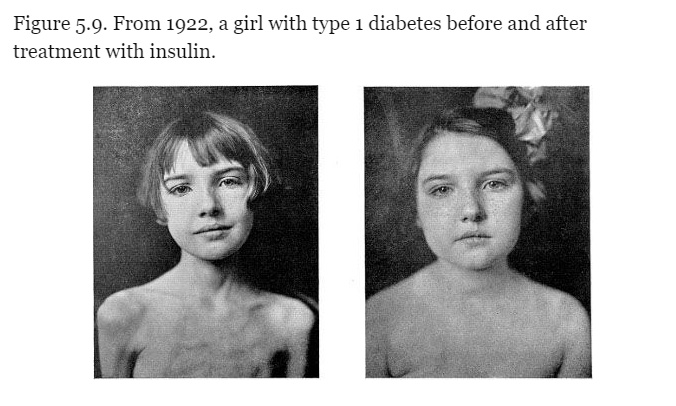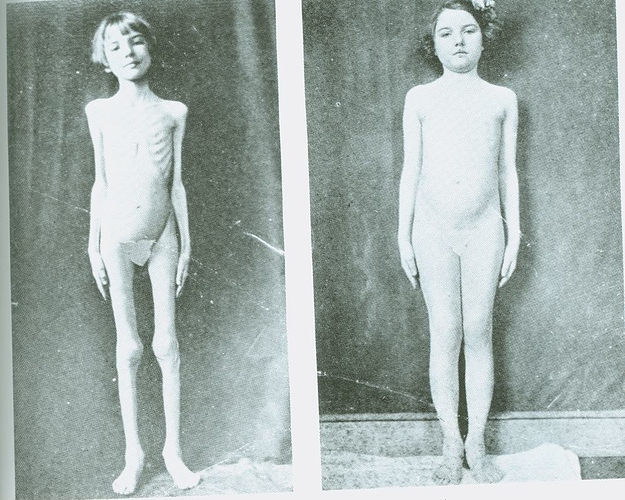Yes, I agree with this.
I’ve followed his career, on and off, with interest over the years. He first came to my attention when he used to write a lot about cholesterol. He also wrote a lot for the Weston Price Foundation, and his articles were always of interest, and seemed to go deeper than most things out there.
However, I’d incorrectly got the impression that he was more pro-low-carb than he turned out to be, and this was a bit of a disappointment.
Not just this podcast, but several of the other ones I’ve listened to or read the transcripts of, do chip away at some of what many of us have come to regard as the pillars of the LCHF/keto movement.
Yes, I agree with this as well. It’s important to take on board different points of view, especially when they are backed up by science, as his output always is, or appears to be.
It’s worth remembering of course that science is never as black and white as lay-people tend to think, and different interpretations are always possible. Plus the human body is immensely complex, and I’m sure there remains an awful lot that we have yet to learn about it.
Note that there are also transcripts (as well as the podcasts) on his website:
https://chrismasterjohnphd.com/podcast/
(in case it might be quicker to read those, rather than listen to the podcast).


